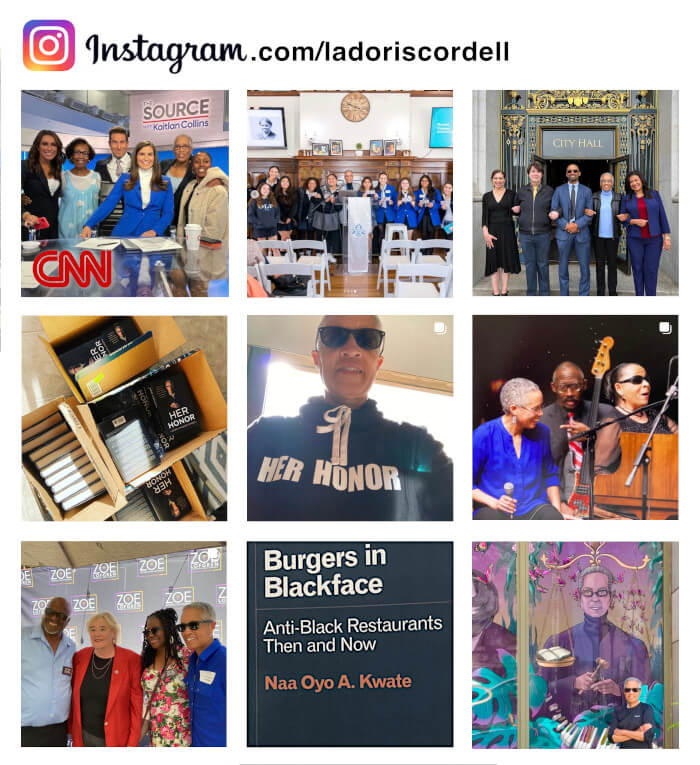Soul of Justice: Thelton Henderson’s American Journey
October 5, 2005
Award-winner!
American Bar Association 2006 Silver Gavel Award
2006
CINE Golden Eagle Award
Berlin Black International Cinema Honors
Few judges provoke the ire of conservatives more than Thelton Henderson, Senior Judge of the Federal District Court of Northern California. His career in many ways parallels the larger historic arc of the Civil Rights movement and the changing vision of government – from Jim Crow laws to Civil Rights victories and back again with recent attacks on affirmative action. Similarly reflected are the changes and conflicts in judicial philosophy during those 40 years. Henderson’s decisions on affirmative action, environmental protection, and prison reform – and the furors that surrounded them – serve as a prism on these changes and what they mean for American society.
The son of a domestic worker, Thelton Henderson has spent much of his life as the “first or only” African American in his field. He became the first Black attorney in the Civil Rights Division of the Justice Department, the first Black member of a prestigious California law firm and, in 1980, only the second African American ever appointed to the Federal District bench in Northern California.
Henderson was recruited from Boalt Law School in 1962 to diversify the all-white Justice Department team monitoring the Civil Rights struggle. He was on the scene as James Meredith braved venomous mobs to integrate Ol’ Miss, when Medgar Evers was assassinated, and when four little girls were killed in the Birmingham church bombing. In his role at the Justice Department, Henderson embodied the tension described by Andrew Young as being an “arm of the law in a sometimes lawless society.” As a “neutral” federal observer he performed a precarious balancing act, between being “a just-the-facts Joe Friday and hurling his body into the fray of injustice.” Decades later, Henderson brought these life experiences with him to the bench.
When a state proposition outlawed affirmative action in California universities in 1996, threatening the gains won at such great cost during the ‘60s, Judge Henderson ruled the proposition unconstitutional. Despite his attention to impartiality and his reliance on sound legal judgment, his decision unleashed torrents of criticism that he was a “judicial activist,” his impeachment was called for on the floor of Congress and his decision was overturned on appeal. But his other landmark decisions, including the protection of dolphins from deadly tuna nets, were upheld. At age 71, when most judges are enjoying retirement, Judge Henderson placed California’s notorious prison health system under federal control, and his ruling on prison overcrowding was upheld in 2011 by the U.S. Supreme Court.
Our country is divided over the role that judges should play in enforcing the law. Henderson’s rulings, often protecting the constitutional rights of the dispossessed, demand each of us to scrutinize the complex interplay between the law, political power, and social justice.

